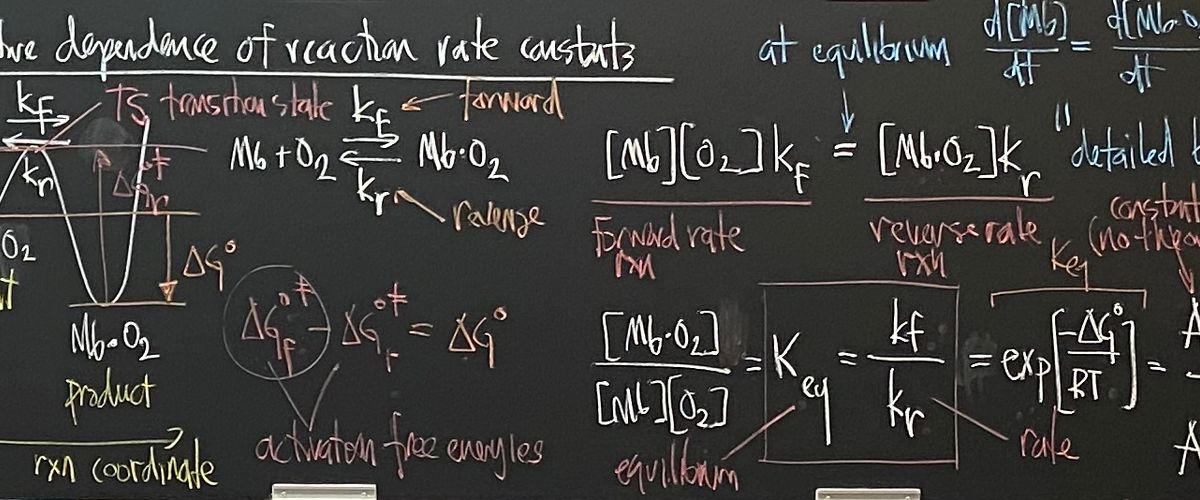Our department has a long tradition of excellence in research, training, and mentorship. We help our graduate students achieve careers in chemical research, education, medicine, government, and law. We also teach them the skills and knowledge that will meet the current and future challenges in life sciences, materials science, molecular and cell biology, computational chemistry, nanotechnology, catalysis, and chemical dynamics.
About
Apply Now
How To Apply
Fields of Research:
The Chemistry Department at Boston University offers research activities in the major areas of investigations of molecular science. For information on the faculty and their research programs, click on your area ofinterest.





